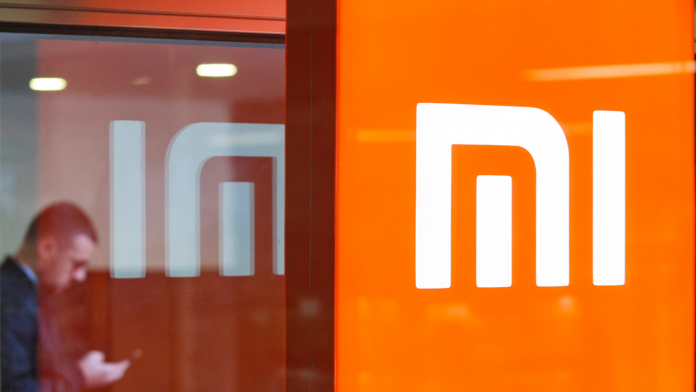Xiaomi launched its first electric vehicle, the SU7, which led to a 15% increase in its shares. The vehicle is priced $4,000 less than the Tesla Model 3 and offers a longer range.
Demand for the SU7 was immediate and overwhelming, with more than 50,000 orders placed within almost half an hour of launch, resulting in wait times of at least five months for the base version.
Those who opted for the more expensive, full-featured Xiaomi SU7 Max will have to wait even longer to receive their vehicle. According to the company, the period can be extended up to 30 weeks, about seven months.
In response to competition from the electric car market in China, other companies such as Xpeng and Nio offered purchase subsidies, while other brands such as Li Auto and BYD adjusted their delivery estimates and continued to dominate sales in the country.
While the world’s largest auto market is challenging for newcomers due to a fierce EV price war and slowing demand, some analysts have pointed out that Xiaomi has a deeper portfolio than most EV startups, and its smartphone expertise gives it an edge in smart dashboards, an aspect prized by Chinese consumers.
The company known for its smartphone innovations has just stirred up the EV market. With the launch of its first electric car, the SU7, it has achieved a considerable 15% increase in its shares at the opening of the market in Hong Kong during trading on Tuesday. This event is a clear sign of a promising start for the SU7, just after the Easter vacation.
Xiaomi has added some $7.6 billion to its share price value and its shares have recorded their highest level since January 2022 on the first trading day, following the company’s launch last Thursday of its first car, a Porsche-style model inspired by it.
The Chinese company, which generates the vast majority of its $37.5 billion revenue from smartphone sales, currently has a valuation of $55.2 billion, above traditional U.S. automakers General Motors (GM) and Ford (F) at $52.4 billion and $53.1 billion, respectively.
China is not a success for Tesla
The success being reaped by the Xiaomi SU7 in the Chinese electric car market is indisputable. It should be noted that Tesla’s cars have struggled in this country even before Xiaomi launched its model.
During the first quarter of 2024, Tesla has sold about 387,000 vehicles and manufactured more than 433,000 units. Still, the company admits that deliveries in China are suffering and have only grown by 0.2% year-on-year because of its main rivals in the country, now joined by Xiaomi.



